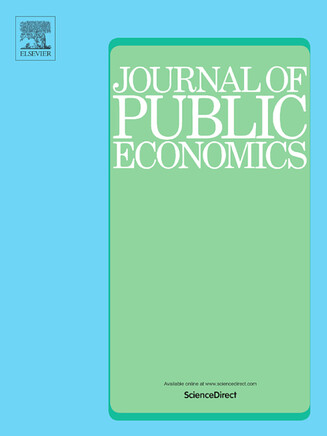DOES RAISING THE EARLY RETIREMENT AGE INCREASE EMPLOYMENT OF OLDER WORKERS?
ABSTRACT
Two pension reforms in Austria increased the early retirement age (ERA) from 60 to 62 for men and from 55 to 58.25 for women. We find that raising the ERA increased employment by 9.75 percentage points among affected men and by 11 percentage points among affected women. The reforms had large spillover effects on the unemployment insurance program but negligible effects on disability insurance claims. Specifically, unemployment increased by 12.5 percentage points among men and by 11.8 percentage points among women. The employment response was largest among high-wage and healthy workers, while low-wage and less healthy workers either continued to retire early via disability benefits or bridged the gap to the ERA via unemployment benefits. Taking spillover effects and additional tax revenues into account, we find that for a typical birth-year cohort a one year increase in the ERA resulted in a reduction of net government expenditures of 107 million euros for men and of 122 million euros for women. (C) 2013 Elsevier B.V. All rights reserved.
Statistics
Web of Science Times Cited
167

